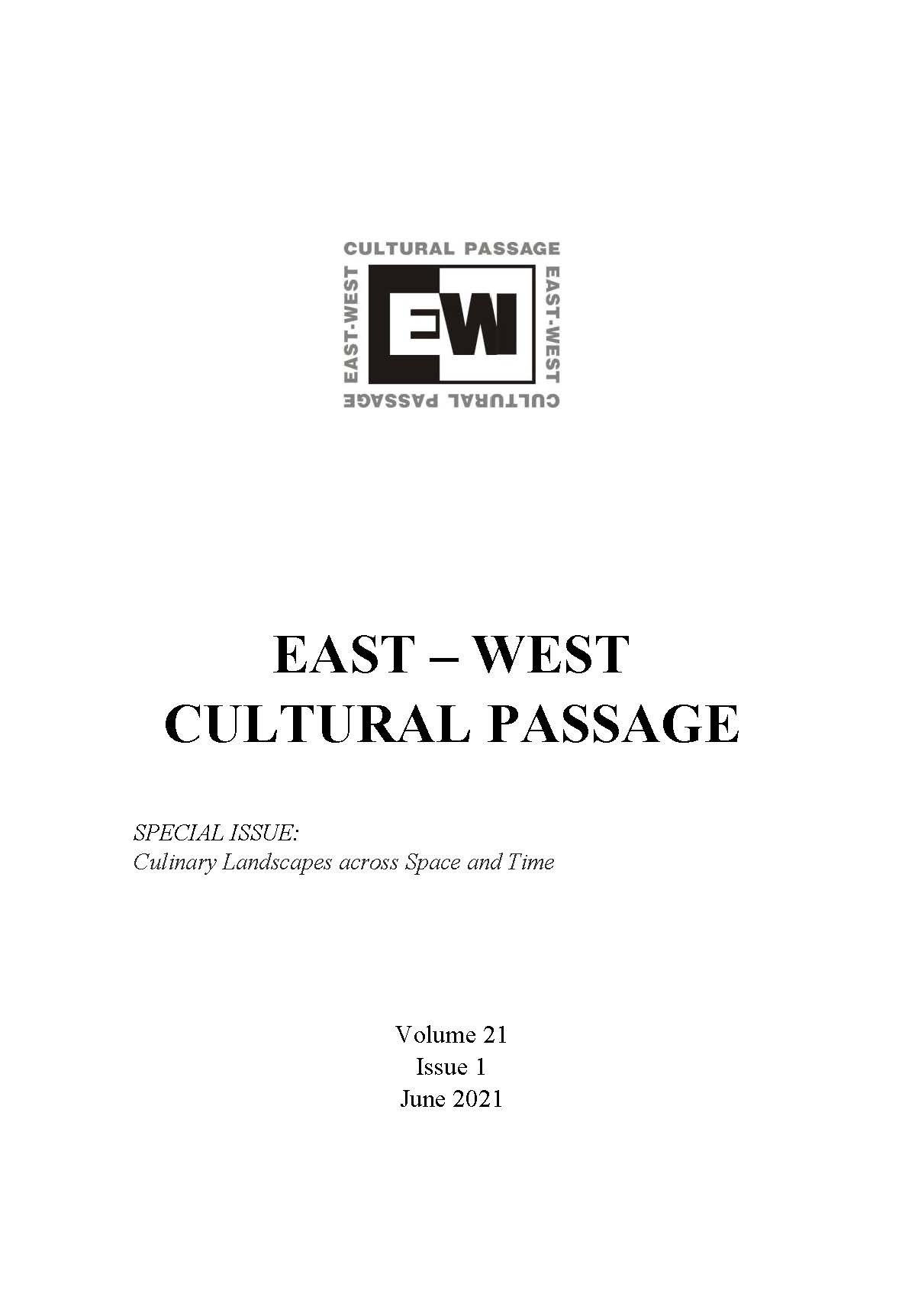The Sensuality of Taste: Intercultural Dialogue and National Identity as Mediated by Food and Food Culture in Monica Ali’s Brick Lane
The Sensuality of Taste: Intercultural Dialogue and National Identity as Mediated by Food and Food Culture in Monica Ali’s Brick Lane
Author(s): Ana-Blanca Ciocoi-PopSubject(s): Cultural Anthropology / Ethnology, Sociology of Culture, Identity of Collectives, British Literature
Published by: Editura Universitatii LUCIAN BLAGA din Sibiu
Keywords: Monica Ali; Brick Lane; national identity; food culture; intercultural dialogue;
Summary/Abstract: Apart from being a compelling discourse on immigrants, cultural clashes, the East-West conflict, arranged marriages, extramarital affairs and general existential anxiety, Monica Ali’s novel Brick Lane is also a fascinating excursion into the sensual and meandering world of food and its emotional and cultural implications. Trapped in an arranged marriage devoid of the passion her woman’s heart had hoped for, the protagonist Nazneen seeks a substitute type of sensuality first in food, and subsequently in her son Raqib and her lover Karim, all part of an intricate and complex process of cultural self-discovery and self-definition. The present essay focuses on how food plays a central role in Nazneen’s life as a young immigrant in London, being her only remaining connection to her homeland and to herself. While constantly telling her hungry heart “do not beat with fear, do not beat with desire” (27), Nazneen eats herself up searching for personal agency and fulfillment in a life which offers her neither. Food appears within this complex equation as a balancing element, a safety net, and an escape mechanism, which allows the protagonist to sustain not only her physical body, but also her famished soul, and to (re)establish her thwarted connection to her national and cultural identity.
Journal: East-West Cultural Passage
- Issue Year: 21/2021
- Issue No: 1
- Page Range: 61-70
- Page Count: 10
- Language: English
- Content File-PDF

